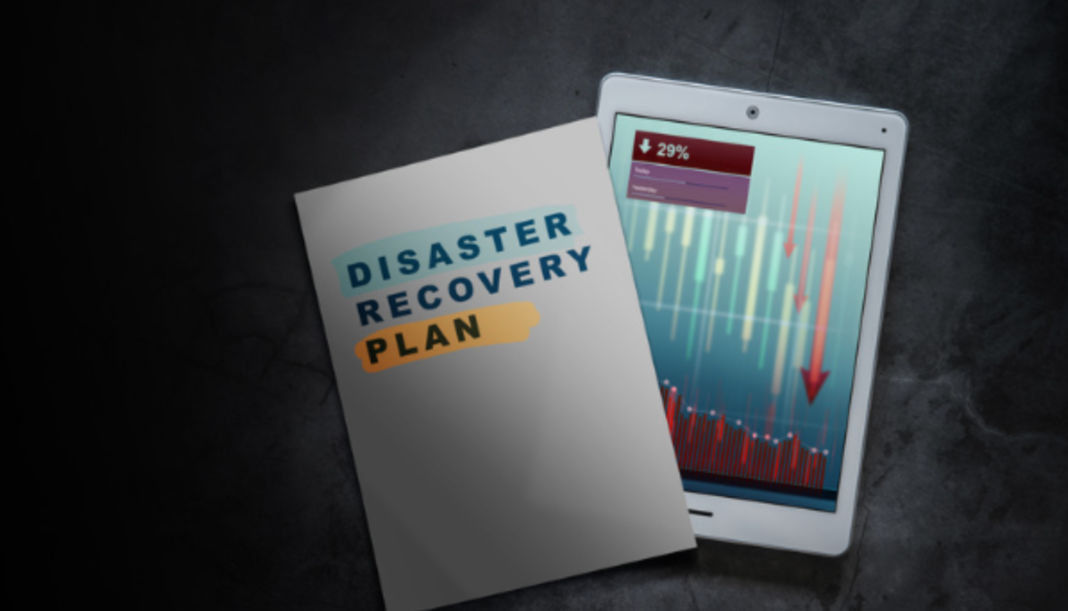In a fast-paced tech world like today, where data fuels almost every aspect of business operations, safeguarding information is paramount. Data loss, whether caused by human error, natural disasters, or cyber threats, can cripple a company’s productivity and reputation. This is why implementing a comprehensive data backup and disaster recovery plan is essential for businesses of all sizes.
Why Businesses Need a Data Backup and Disaster Recovery Plan
A data backup and disaster recovery plan ensures that critical data is not only protected but also quickly recoverable in the event of a disruption. Without a robust plan in place, businesses face significant risks, including financial losses, operational downtime, and even potential closure.
Here are the key reasons your business should prioritize data backup and disaster recovery:
Protection Against Data Loss
Data loss can occur due to a variety of reasons, including hardware failure, accidental deletion, or malicious attacks. Regular backups ensure that your important files and databases are stored securely and can be retrieved when needed.
Mitigation of Downtime
Downtime can be extremely costly. A well-designed disaster recovery plan minimizes interruptions by enabling businesses to restore operations quickly, reducing the impact on productivity and revenue.
Defense Against Cyber Threats
Cybersecurity threats such as ransomware and phishing attacks are on the rise. A cyber security strategy combined with a data backup and disaster recovery plan provides a multi-layered approach to protect your business from these evolving threats.
Compliance and Legal Requirements
Many industries are subject to strict regulations regarding data protection and storage. Having a robust backup and recovery plan ensures that your business remains compliant and avoids potential fines.
Key Components of a Data Backup and Disaster Recovery Plan
Developing an effective data backup and disaster recovery plan involves careful planning and execution. Here are the critical components every plan should include:
Data Assessment
Start by identifying the most critical data for your business operations. Determine which files, applications, and databases are essential to ensure continuity in the event of a disaster.
Backup Strategy
Decide on the type of backup strategy that works best for your business. Options include full backups, incremental backups, and differential backups. Leveraging managed IT services can help streamline the process by automating backups and ensuring they occur regularly.
Disaster Recovery Strategy
Outline a step-by-step process for restoring data and resuming operations. This includes identifying recovery time objectives (RTOs) and recovery point objectives (RPOs) to guide your response.
Secure Storage
Store your backups in secure locations, both onsite and offsite. Cloud-based storage solutions offer flexibility, scalability, and enhanced cyber security, ensuring your data remains accessible and protected.
Testing and Updates
Regularly test your backup and recovery processes to identify potential weaknesses and ensure they function as intended. Update the plan periodically to account for new technologies and emerging threats.
Benefits of Partnering with Managed IT Services Providers
Implementing a data backup and disaster recovery plan can be complex, especially for small to medium-sized businesses with limited IT resources. This is where managed IT services can make a significant difference. These providers specialize in delivering tailored solutions to help businesses protect their data and recover swiftly in the face of adversity.
With managed IT services, businesses gain access to:
- Expertise in developing and maintaining a comprehensive data backup and disaster recovery plan
- Proactive monitoring and maintenance of backup systems
- Advanced cyber security measures to guard against threats
- Cost-effective solutions tailored to meet specific needs
Conclusion
In an era where data is a vital asset, protecting it should be a top priority for every business. A robust data backup and disaster recovery plan not only safeguards your information but also ensures resilience against unforeseen challenges. By partnering with a reliable managed IT services provider like About IT, businesses can secure their operations and gain peace of mind, knowing they are prepared for the unexpected. About IT is dedicated to helping businesses implement effective solutions that ensure data protection and business continuity.
